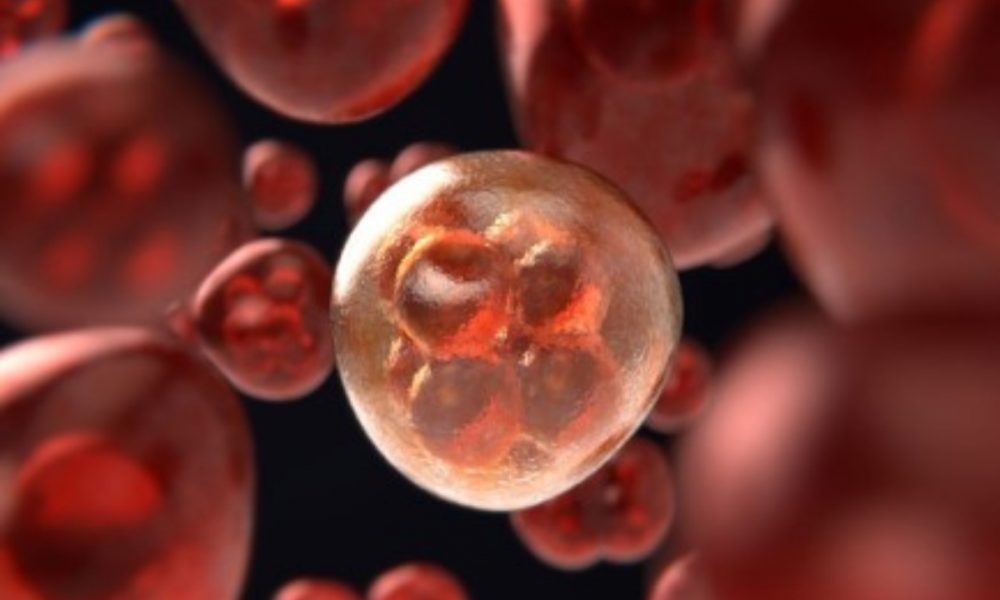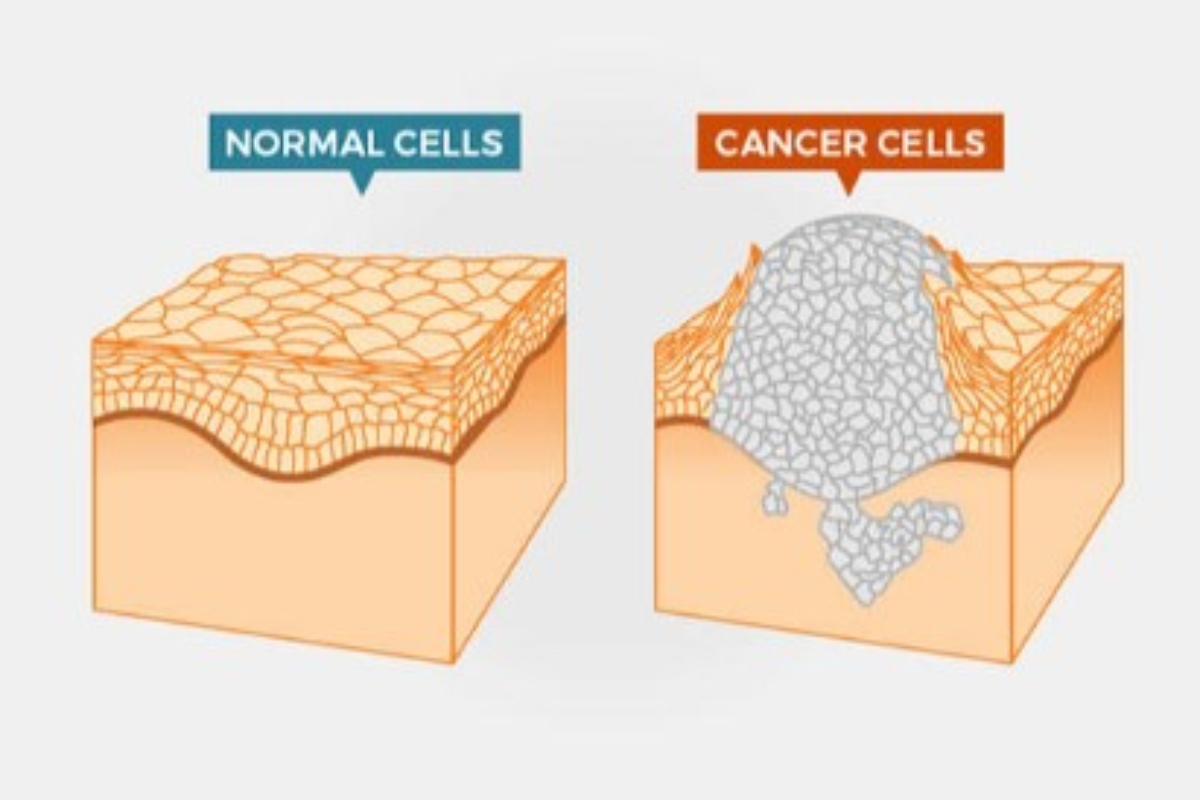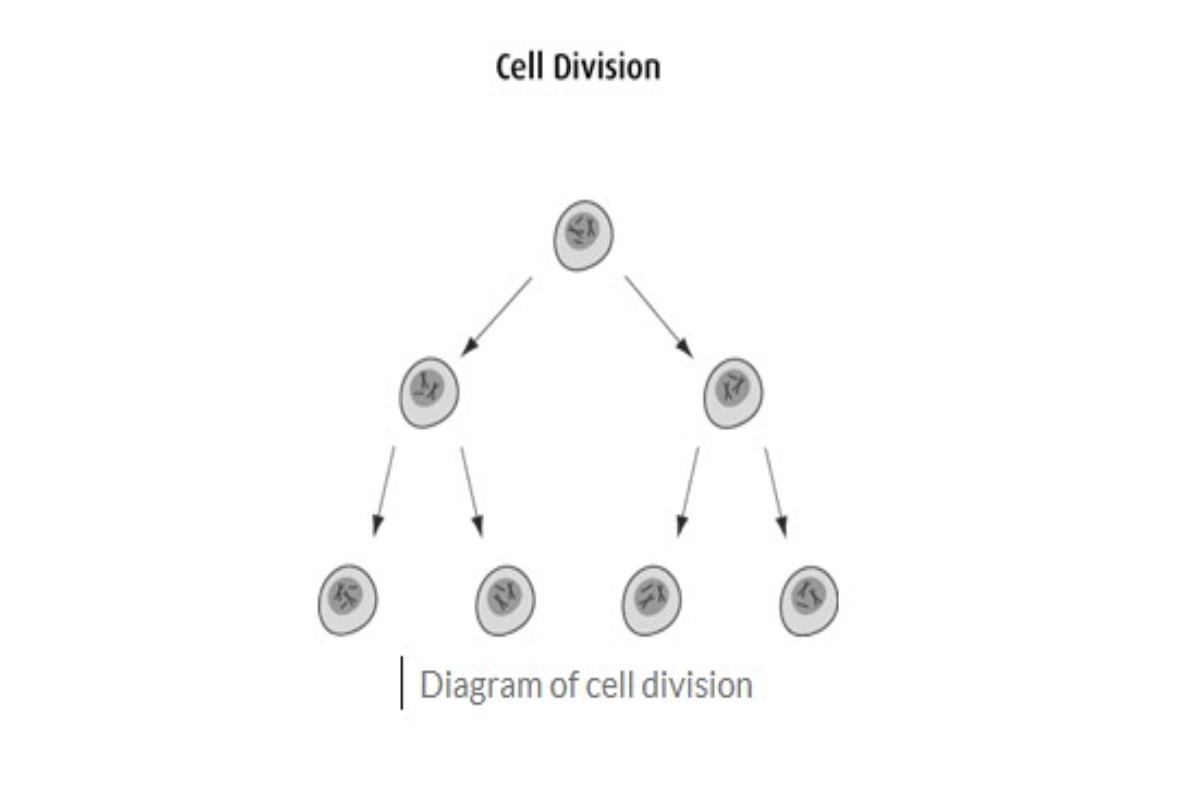
New Delhi: Trillions of cells are arranged into tissues and organs in our body. Each cell’s nucleus contains genes that control when it divides, grows, works, and dies. Normally, our cells carry out these directives, and we maintain our health.
However, a gene can mutate when our DNA is altered or damaged. Because the DNA instructions in mutated genes get confused, they are unable to function properly. Because of this, cells that ought to be resting may instead divide and proliferate uncontrollably, which can result in cancer.

How cancer develops:
When genes are functioning properly, they instruct cells when to grow and divide. Cells duplicate themselves exactly as they divide. One cell splits into two identical cells, and so on in an endless cycle. When the body requires more cells, such as to replace ageing or damaged ones, adult cells typically only grow and divide to produce new ones when necessary.

Cancer cells, however, are unique. Gene mutations in cancer cells cause the cell to change from a healthy cell to a cancer cell. These gene mutations may be inherited, appear gradually as we age and our genes degenerate, or appear if we are exposed to substances that harm our genes, such as alcohol, cigarette smoke, or ultraviolet (UV) radiation from the sun.
A cancer cell behaves differently from a regular cell. Instead of dying when it ought to, it begins to proliferate and divide uncontrollably. They remain immature because they don’t develop as quickly as regular cells do. Despite the fact that there are numerous different types of cancer, they always begin when cells begin to grow uncontrollably and unnaturally. Any cell in the body might become cancerous.




